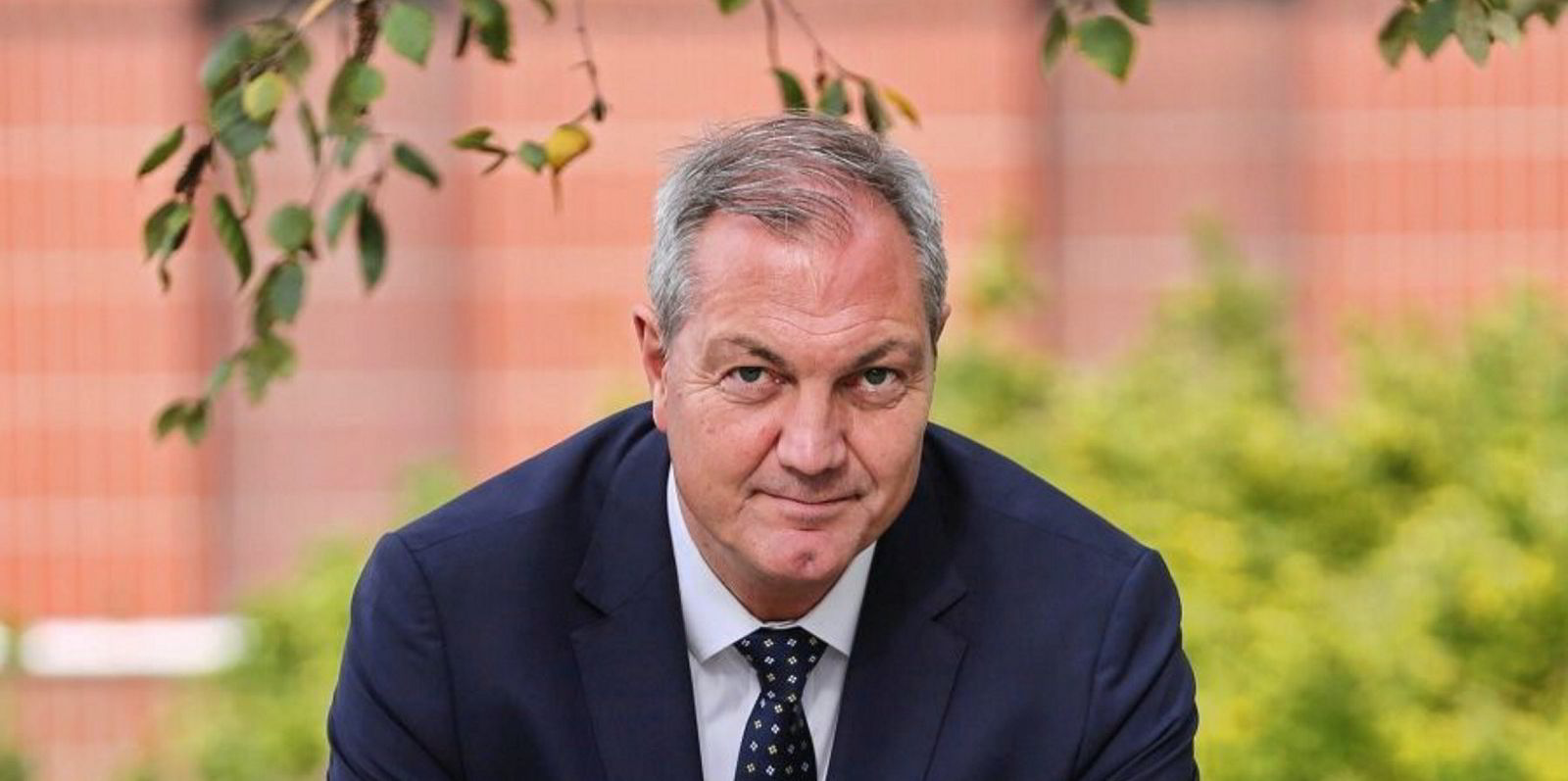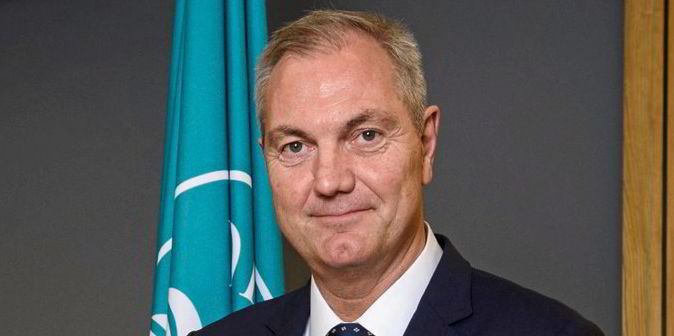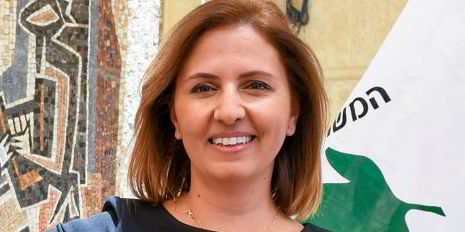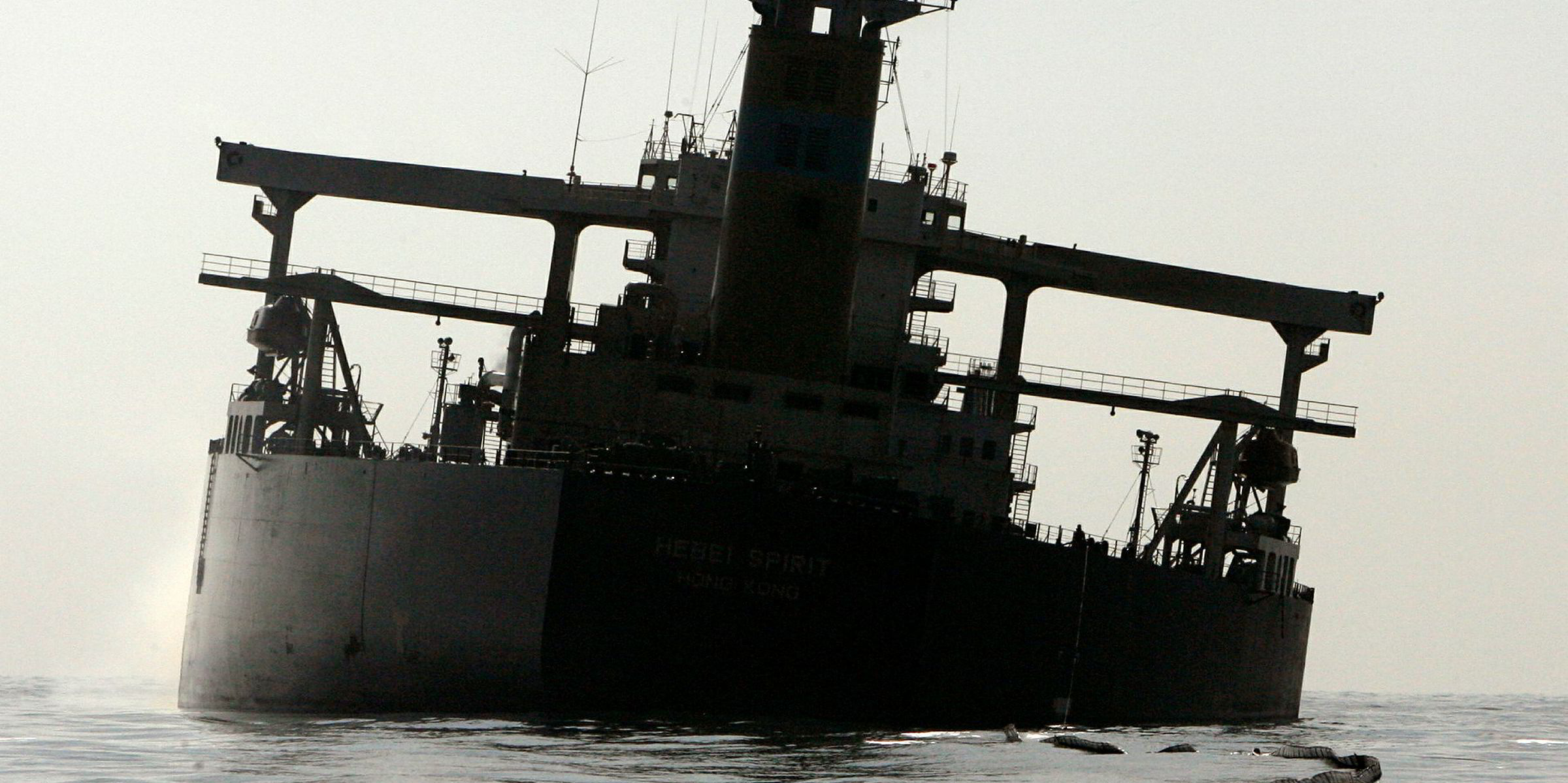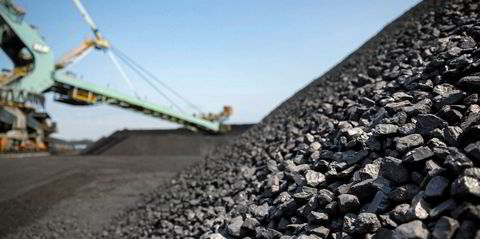Gaute Sivertsen — newly elected head of the International Oil Pollution Compensation (IOPC) Funds — has warned that an increasing number of ships are sailing without adequate pollution cover because of a combination of sanctions and substandard insurers.
Norwegian Sivertsen highlighted the issue of inadequate coverage, mainly in the small tanker sector, as part of his recent election campaign to lead the organisation last year.
But his concerns have been heightened since sanctions against Russia have increased the risk of larger tankers sailing without insurance coverage.
The IOPC Funds is right at the centre of the issue. Its role is to collect funds from oil importers in 120 member states to cover the costs of oil pollution. The IOPC Funds and a supplementary fund cover pollution costs that exceed a shipowner’s limitation of liability under international conventions.
And if the tanker involved does not have adequate cover, then the full bill will likely land on the IOPC Funds’ doorstep.
Industry estimates suggest that up to 10% of the tanker trade may be trading “dark” and unable to access mainstream marine insurance or classification services.
“What happens when owners transporting oil try to circumvent sanctions is that they tend to no longer insure with the top tier or deal with the best classification society. Everything becomes a clandestine operation and some end up carrying out ship to ship transfers in the dark with AIS turned off,” Sivertsen said.
“In those situations, everything the IMO has done to improve tanker safety is then gone, and that is a concern.”
The IOPC Funds has raised the issue and the IMO’s Legal Committee is looking at ways to tackle the problem.
Although there has not been a major oil pollution incident involving a sanctioned entity, the risk is growing as sanctions are ramped up. The European Union recently revealed that it is looking at banning European insurance coverage for all international Russian oil transportation.
Sivertsen said the International Group of P&I Clubs, with which the IOPC Funds works closely, shares his concerns.
“I think the International Group is very worried about this, we are all worried,” he said. “The sanctions, although they have the best of intentions, they can cause some side effects, and in this case those could be decreasing tanker safety and increasing our exposure.
“I’m not saying whether we should have sanctions or not, I’m just saying it entails some risk.”
The sanctions problem adds to Sivertsen’s concerns over the quality of cover provided by some insurers outside the International Group.
It was most recently highlighted by pollution incidents involving small tankers that the IOPC Funds is handling in Greece, where lack of — or inadequate — protection and indemnity cover has been a factor.
Sivertsen said there is no problem with top-tier commercial insurers or insurers in Europe, where regulation keeps standards high. But he is looking at how the IOPC Funds can work with insurers outside the International Group to provide some guarantee of standards.
Commercial insurers MS Amlin and Hydro recently established the Association of Commercial P&I Insurers and is the first attempt to establish an association for the non-mutual P&I market.
- Born: Norway, March 1962
- Education: Law Degree University of Oslo
- Current post: IOPC Funds director
- Other roles: Chairman of the 1992 IOPC Funds Assembly, 2011–2021; head of the Norwegian Delegation to the IMO Legal Committee since 1998; head of the Norwegian Delegation to the IOPC Funds meetings since 1993
- Hobbies: Skiing, scuba diving and boating
Sivertsen is hoping to meet with the association to see what can be done to establish a recognised standard in the commercial market, which will help flag and port states to determine whether an insurer can meet their legal obligations.
“There are all kinds of insurers that we encounter, some of them are unable to pay, some of them are unwilling to pay,” Sivertsen said. “Flag States and Port State control don’t necessarily have insurance specialists at hand, they don’t know all of these companies so forming an association like they have now might help flag states and port states to separate the good from the bad.”
The IOPC Funds is currently handling 12 pollution cases, including a spill from an unidentified tanker off Israel.
It is close to closing the books on one of its largest spills from the 127,000-dwt tanker Hebei Spirit (built 1993) in 2007, which resulted in 127,000 separate claimants. An increased number of claimants is one of the trends in oil pollution cases.
“Hopefully, we have learned lessons about how to handle a very big spill with a large amount of individual claimants, so we have been developing our claims-handling systems to be able to cater for them,” Sivertsen said.
Oil pollution cases are also becoming increasingly complex.
The Supreme Court in Rotterdam is still deliberating over whether a claim filed in 2019 related to the 37,499-dwt tanker Bow Jubail (built 1996) should be handled by the IOPC Funds or separately under the bunker convention.
“What we see is that the incidents are getting smaller in number but trickier and more difficult to handle,” he said.
